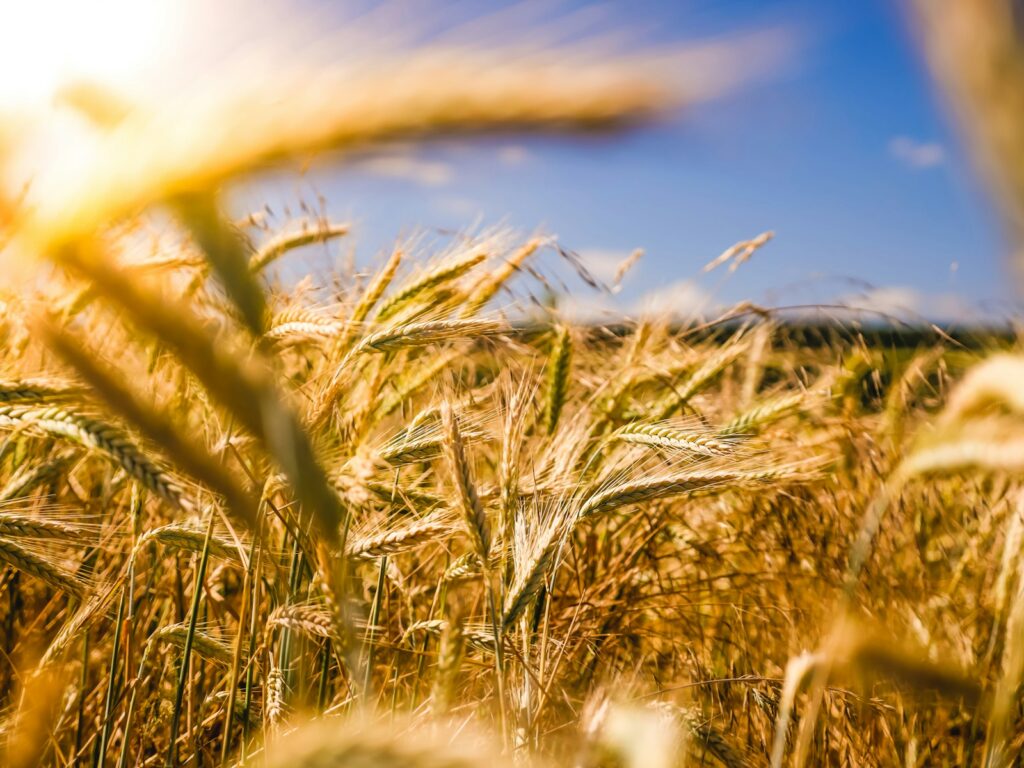
Dear Editor
Over the past few weeks Canadians have been hearing more and more about Bill C-234 – “An Act to amend the Greenhouse Gas Pollution Pricing Act,” in favour of allowing a “carve out” for the farming community.
There has been much debate on this issue and it’s even gone so far as to have the Minister of the Environment, Guilbeault, speaking with Senators to try and stop the Senate from passing the carbon tax exemption for farmers, from being enacted.
What I find quite curious is that the government – for all of its posturing regarding meeting its targets under the Paris Agreement – seems to have forgotten what is included in that document.
The Paris Agreement specifically states:
“The Parties to this Agreement,
Being Parties to the United Nations Framework Convention on Climate Change, hereinafter referred to as “the Convention”,
Article 2
1. This Agreement, in enhancing the implementation of the Convention, including its objective, aims to strengthen the global response to the threat of climate change, in the context of sustainable development and efforts to eradicate poverty, including by:
(b) Increasing the ability to adapt to the adverse impacts of climate change and foster climate resilience and low greenhouse gas emissions development, in a manner that does not threaten food production;”
Therefore, the Paris Agreement recognizes that food production must not be threatened and it, also, recognizes that the implementation of climate change action should never interfere with the production of food. It would seem that the government, when implementing a carbon tax on farmers, is actually in violation of the very agreement they continue to shout from the roof tops, to support their mandate.
Some may wonder how a carbon tax affects the farming community. Every grain of wheat, every kernel of corn, soy, etc., etc., etc., needs to be dried. How is this accomplished – through the use of propane or natural gas, as there, according to MP Rook, are no other alternatives. Then there is the heating of barns for the welfare of live-stock including chicks, pigs, etc., etc., etc. All of these costs are a burden placed on the farmer – not the grocery store. So it is, according to Ms. Rook, the farmer who is mandated by this government, to bear the cost of the carbon tax. This reduces their bottom line, causes them hardship, and with reduced profit the farmer cannot continue to farm or expand his/her operation. Perhaps this is why there are less and less people following in the hard-working footsteps of our farmers.
The Paris Agreement isn’t the only document contradicting this carbon tax on farmers. One merely has to read the United Nations Sustainable Development Goals to understand that, albeit this government has signed onto this mandate, implementing a carbon tax on the farming community violates a number of sections of the 169 UN Targets.
What does this say about our federal government? If it is going to lambast Canadians, based on climate change, perhaps it should read the documents it agreed to, before it implements any more carbon taxes on anyone, considering, based on the aforementioned documents, farmers should be exempt, wouldn’t one agree?
Elizabeth F. Marshall
President – All Rights Research Ltd.
Director of Research – Ontario Land Association
Past Chair – Canadian Justice Review Board













